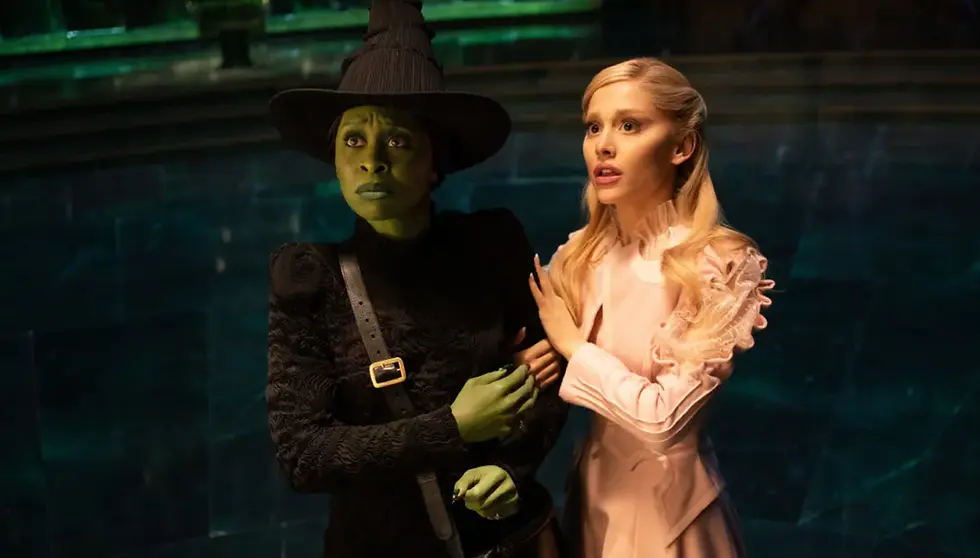A Night with No Name - Cadogan Hall
- comaweng
- Feb 4, 2022
- 2 min read

I knew very little about The Choir with No Name before A Night with No Name, their London branch’s fundraising gala evening at Cadogan Hall. When the likes of Mel Giedroyc, Joe Stilgoe and Jonathan Bailey are more than happy to supply their services to the event free of charge, it’s evidently a choir that is making a difference. A couple of testimonials from choristers made clear why this was – drawing in people from homeless communities in cities, the team work hard to provide a welcoming and inclusive environment where people from a very diverse range of backgrounds and talents come together on a weekly basis.
There were the usual references to CWNN being a ‘family’. Doesn’t every large group consider itself a family? But it is one thing to say it, and quite another to demonstrate that. Their choices of songs were not exactly sophisticated – you’d have to go elsewhere if you wanted Mozart’s Requiem in D Minor – but they are tunes that the choristers very much enjoy singing. Well done to them for avoiding, quite comfortably, Journey’s ‘Don’t Stop Believing’ (actually quite a sad tune despite its upbeat rhythm), plumping instead for Primal Scream’s ‘Movin’ On Up’ amongst other things (I wasn’t making notes, and my knowledge of popular music is beyond dismal).
A performance like theirs demonstrates that having money really does not equate to having happiness. Under the direction of the effervescent Sam Chaplin, the London choir (CWMN also has branches in Brighton, Liverpool, Birmingham and Cardiff, with ambitions to open branches in Glasgow, Edinburgh and Sheffield), the audience was considered a ‘backing choir’, and by the end of the evening he had managed to get hundreds of us in the crowd to harmonise, remarkably beautifully.
One need not subscribe to any particular faith to be a part of CWNN, although their founder and chief executive officer, Marie Benton, used to run the Soul Sanctuary Gospel Choir, an interdenominational choir specialising in contemporary gospel music. Now led by Clarence Hunte, the links between them and CWNN remain strong. It’s an interesting concept, using religious music as a form of entertainment (and I would have thought their strongest critics are probably Christians themselves), but I found their theology quite sound, and far removed from much of contemporary Christian compositions, which are largely too self-indulgent.
The drive to raise money was done with such friendliness that charismatic churches would do well to reconsider their own hard-sell approaches: there was no talk here of God’s blessing being withdrawn from people because they didn’t give money they don’t even have. Instilling a genuine sense of community takes a lot of effort and dedication, and however CWMN are doing it, it’s working, with a growing number of homeless and marginalised people being given the skills and support to help them get on in life.




Comments